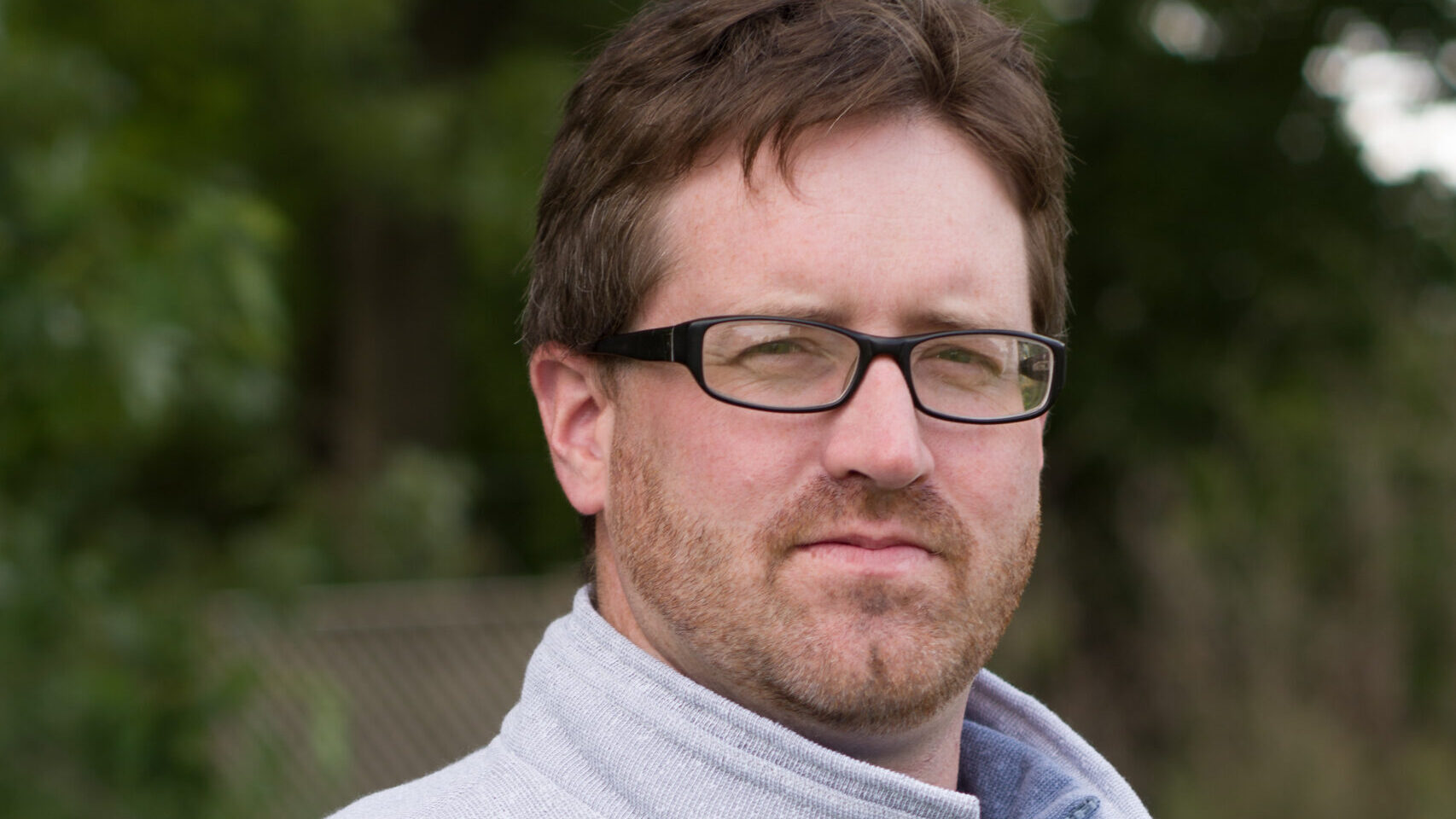Seminary Update
It has been several weeks since the spring semester of seminary concluded, but I haven’t sat down to provide an update. This past semester, I was enrolled in Christian Proclamation and Mentoring & Spiritual Direction. In both classes, I received an A.
In Christian Proclamation, we examined a variety of styles of preaching, the process of preparing a sermon, and the theology of preaching. We prepared several sermons and shared one with the class. (In case you’re wondering, the message I turned in was called “Not Done Yet,” out of Genesis 2. You can watch it here: https://www.youtube.com/watch?v=vNyouTpADNk). Christian Proclamation was challenging on a couple of levels. First, I was challenged to preach outside of my proverbial box. In fact, the message I submitted to the class was outside of my normal style. Second, the class itself was challenging in the way it was organized. I think if I was organizing a course on preaching, I would start with the preparation process, instructing students to exegete a theology of preaching. Then I would move into doing exegesis on particular topics and passages to prepare sermon outlines and start preaching. As it was, we started with the preaching, then worked on the exegesis and theology; the class was organized almost exactly the opposite of how I would have done it. Of course, I am not the expert (in either preaching or teaching!), so there may be a reason for all of this that I was missing. Third, the course was challenging in that there was an unplanned change of faculty just as we approached the end. This introduced an element of uncertainty and stress for the entire class, and also for the dean who stepped in to finish the course. I am therefore grateful to both Dr. Joy Moore and Dr. Absom Joseph for another tremendous course.
In Mentoring & Spiritual Direction, we explored the process of forging a mentoring relationship from both sides. Essentially, the mentor’s role is to help the mentee recognize what God has been doing in his/her life. The mentee’s job is to make the time and space necessary to discover the same. To be honest, I found this class quite enlightening. Namely, it helped me to understand some purposes and methods that, despite years of reading and practicing, had yet eluded me. Again, I will not profess to be an expert in mentoring, but I am hopeful that this new understanding will help me be more effective in the future. Once again, though, I must confess a degree of confusion. Namely, given the essential role of mentoring throughout the entire MDiv process, I find myself wondering why this class – which covers choosing a mentor and the basic purposes of a mentoring relationship – was not the first spiritual formation course of the program.
With these two courses completed, I am now two semesters, six courses, from the completion of the MDiv core. In addition to these courses, I have four electives to complete. Three of these electives are dictated by my church health and revitalization specialization, while the fourth is a true elective: I can choose what I want to study. I have been advised that I should take at least one of these as an independent study, and I am working to figure out what that will look like.
It seems like yesterday that this whole MDiv process started. Now, it seems strange to see that the end is coming into sight!

